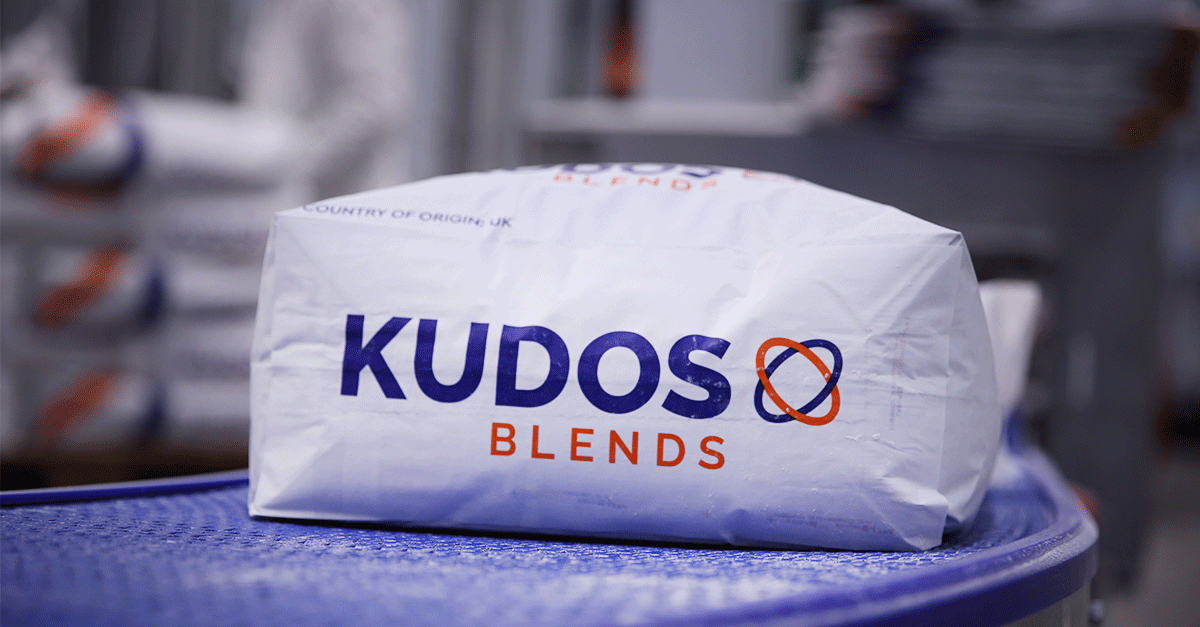Salt Awareness Week is an important public health campaign that highlights the damaging effect of a high-sodium diet. Taking place between May 15th – May 21st, the week is to raise awareness of urging the food industry to play a more active role in supporting the public in reducing the amount of salt in their diets.
Salt Reduction Targets
The UK government’s new salt-reduction targets for 2024 have a significant impact on the bakery market. To meet these tightening government initiatives as well as changing consumer demands, the bakery industry must adapt and innovate. Low-sodium baking powders that effectively reduce sodium levels in baked goods whilst maintaining flavour and quality can often be a struggle for bakery manufacturers to find, especially alternative ingredients that reduce salt content.
How much salt is too much?
The recommended daily intake of salt varies depending on factors such as age, sex, and overall health. However, general guidelines suggest that adults should aim for no more than 2,300 milligrams (mg) of sodium per day, which is approximately equivalent to about 1 teaspoon of table salt.
Ideally, an even lower intake of around 1,500 mg per day is recommended for certain populations, such as those with high blood pressure, middle-aged and older adults, and individuals with certain health conditions.
The human body needs sodium for normal muscle and nerve function. It helps cells and organs to work properly by regulating blood pressure, supporting muscular contraction, and keeping nerve impulses running smoothly. It is also one of the electrolytes responsible for maintaining a healthy balance of fluids in the body. However, consuming too much sodium can cause high blood pressure, which in turn can lead to other health issues such as heart disease, stroke and kidney failure.
Low sodium and confusion
When we think of foods that are high in sodium, we are normally drawn to foods where we can taste the salt or that we consider ourselves adding salt to, such as savoury dishes. Unfortunately, this is where the confusion starts as not all sodium in food comes from salt alone.
In the food industry, the interchangeable use of the terms ‘salt’ and ‘sodium’ can be misleading, with many people treating them as the same thing. There are however some important differences. In simple terms, sodium is a chemical element found in many compounds including, but not limited to, table salt, a combination of sodium (40%) and chlorine (60%).
Sodium is found naturally in a variety of foods, such as milk, meat and vegetables. In food production, sodium-based additives are often used, such as monosodium glutamate (flavour enhancer), sodium bicarbonate and sodium acid pyrophosphate (chemical leavening agents), sodium nitrite (preservative), and sodium benzoate (preservative and pickling). All these ingredients contribute to the total sodium content of foods, just as table salt (sodium chloride) does.
How can we help?
Kudos Blends has created KODA™ Potassium Bicarbonate, specifically for the bakery industry, to enable manufacturers to achieve considerable sodium reduction in their chemically-leavened goods. By using a patented manufacturing process, we offer a range of optimised particle sizes with guaranteed complete solubility and functionality in all baked goods, whilst ensuring the powder remains free-flowing and easy to use throughout its 3-year shelf life.
The use of KODA™ within both our traditional baking powders and our more innovative leavening agents can bring additional benefits on top of sodium reduction, such as potassium enrichment.
Conclusion
Ultimately, we need sodium in our diet, but in reduced quantities. By understanding the differences between salt and sodium, appreciating all sources of sodium in our diet, and promoting healthier alternatives, we can make significant strides towards improving our overall health. Salt awareness week is an opportunity for the bakery industry to lead the way by embracing low-sodium solutions to improve the health of their customers while also remaining competitive in the market.
Kudos Blends’ low-sodium baking powders and leavening agents can offer significant sodium reduction alongside additional benefits such as greater volume and consistency, clean flavour profiles, and mineral fortification, all in an easy-to-use format.
Get in touch with us today to find out how we can reduce your sodium levels whilst maintaining a great end product.










